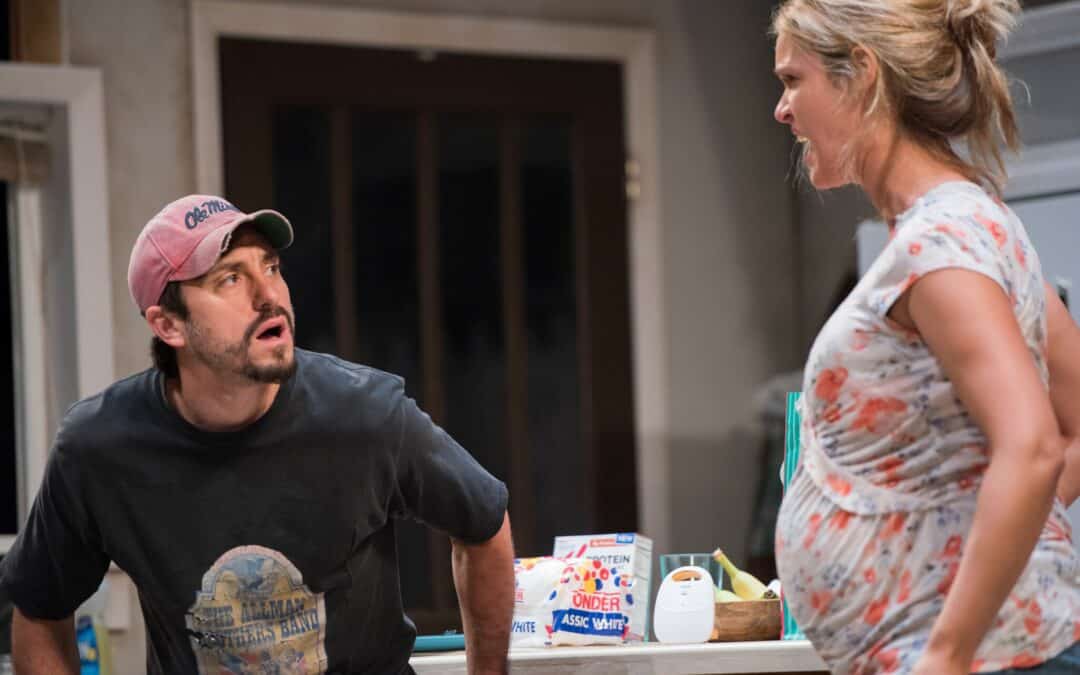Jack L. B. Gohn
Writer, Critic & Playwright


Jack L. B. Gohn
Writer, Critic & Playwright
Though I practiced law for over a third of a century,
I have been a writer from childhood.
And even with a full-time practice, I never really stopped publishing in various papers, magazines and journals. I was bound to reach a point eventually of deciding I wanted to be a writer and nothing else. This website features three things I do now that the point has been reached. I review theater, write plays, and for a decade and a half, wrote a column commenting on law and policy. Common to all these pursuits is a commitment to fact and principles. You can’t run a society or write a play (or about one) well without candor, consistency, and a sense of humaneness and decency. Embodied in these pages is the history of my efforts in each of these pursuits.
Plays by Jack Gohn
I largely write about lawyers, but these are not conventional lawyer dramas. There’s a story of how legal careers begin, another about how they (and others) end. There’s a ghost story. There’s a thriller that does not include a single courtroom scene. And, moving away from my former profession, there’s a play about God – maybe told from God’s perspective, maybe not. And there will be more.
Theater Reviews & Commentary
Most Recent Post

You Should Visit BYHALIA, MISSISSIPPI at CATF
The virtue of Byhalia, Mississippi lies precisely in its modesty. It prescribes no rules, apart from loving one another and telling the truth, for getting through a marital and race-inflected social crisis in a small town; it simply shows how one not-overwhelmingly admirable couple does it. And at that, the true secret here may just be the jokes. Those, and the blackout line at the very end of the play, which just may bring a lump to the throat.
Theater Reviews & Commentary
Most Recent Post

You Should Visit BYHALIA, MISSISSIPPI at CATF
The virtue of Byhalia, Mississippi lies precisely in its modesty. It prescribes no rules, apart from loving one another and telling the truth, for getting through a marital and race-inflected social crisis in a small town; it simply shows how one not-overwhelmingly admirable couple does it. And at that, the true secret here may just be the jokes. Those, and the blackout line at the very end of the play, which just may bring a lump to the throat.


